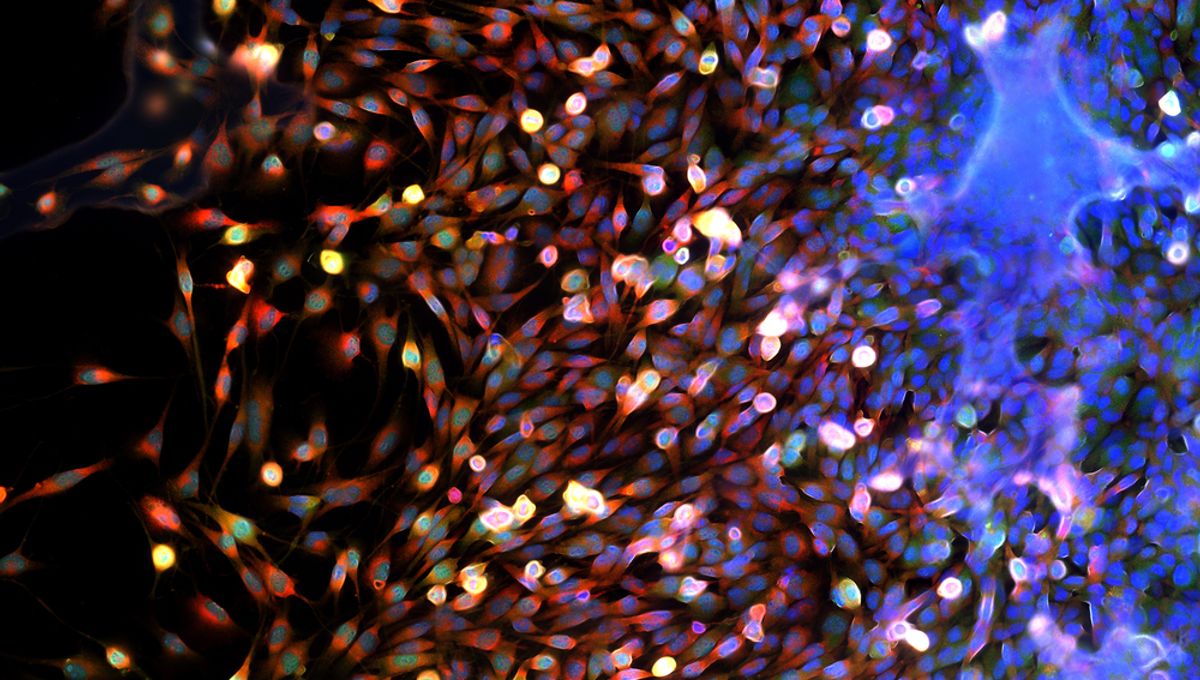
A massive new analysis of tumor growth has highlighted just how adept they are at evolving to new challenges, suggesting that a universal treatment may be significantly harder than once thought. Spanning seven different studies across nine years, the analysis found that lung cancers have an “almost infinite” ability to evolve, shocking the researchers and leading them to the conclusion that future research should focus on prevention before the tumors take hold.
One of the most enduring questions in medicine (and one every scientist at a dinner party fears) is “why haven’t we cured cancer yet?” It’s understandable – almost two in five of us will get cancer at some point in our lives, and most people know someone who has been deeply affected. But the short answer is that cancer is so individual to each person and to each cancer type, it is almost impossible to target everything with a single treatment. Some cancers have similarities and potential weaknesses, but what works for one often fails for another. While cancer survival is consistently going up, it’s possible that a universal cure will never actually materialize.
Now, a huge analysis called TracerX followed 126 non-small cell lung cancer tumors from 421 patients across nine years, as their tumors developed and grew. The researchers took biopsies and looked at their cellular makeup, as well as how the cancer spread throughout the body. Such an undertaking has never been done before on this scale.
The researchers discovered several key points about how cancer differentiates and spreads, and the number of unique cells within the tumors at various stages. Firstly, aggressive cancer cells that spread throughout the body begin early on in tumor development. This could be useful in combatting them early to prevent metastasis, at which point cancer often becomes difficult to treat.
Next, the authors looked at which cancers were most likely to relapse following surgical removal. They found that the tumors with the most widespread cell clones and the most genetic differences were the ones most able to reoccur in other areas of the body, pointing to a possible new diagnostic to identify high-risk patients.
Finally, they found that if a patient’s blood is analyzed for fragments of tumor DNA, they could predict it reoccurring 200 days before it is highlighted on a CT scan, allowing for a huge amount of time to begin preventative treatment.
Together, the data could be used to predict high-risk tumors and help prevent them, but it also showed just how much of an uphill battle cancer scientists face.
“I don’t want to sound too depressing about this, but I think – given the almost infinite possibilities in which a tumour can evolve, and the very large number of cells in a late-stage tumour, which could be several hundred billion cells – then achieving cures in all patients with late-stage disease is a formidable task,” Professor Charles Swanton, from the Francis Crick Institute and University College London, told the BBC.
“I don’t think we’re going to be able to come up with universal cures” he continued.
“If we want to make the biggest impact we need to focus on prevention, early detection and early detection of relapse.”
The research is published in Nature.
Source Link: Universal Cure For Cancer May Never Happen, Massive 9-Year Analysis Suggests